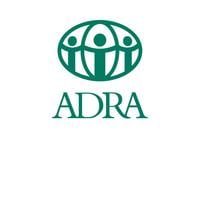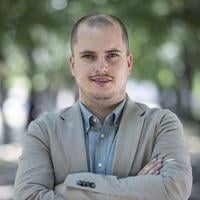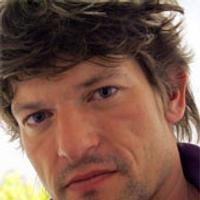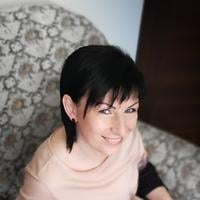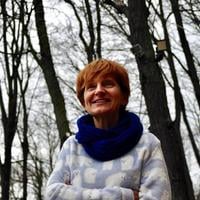Pre zachovanie autenticity výpovede našej dobrovoľníčky ponechávame jej príbeh v pôvodnej, anglickej verzii:
The Government of Albania, following the achievement of the EU candidate country status in 2014, has strengthened the reform processes necessary for its accession, including the promotion of equal access to services and rights to all citizens. Within this framework, a 5 years action plan have been developed by the Albanian Government to eliminate barriers that Roma and Egyptians face in accessing services, improve their living conditions and promote intercultural dialogue.
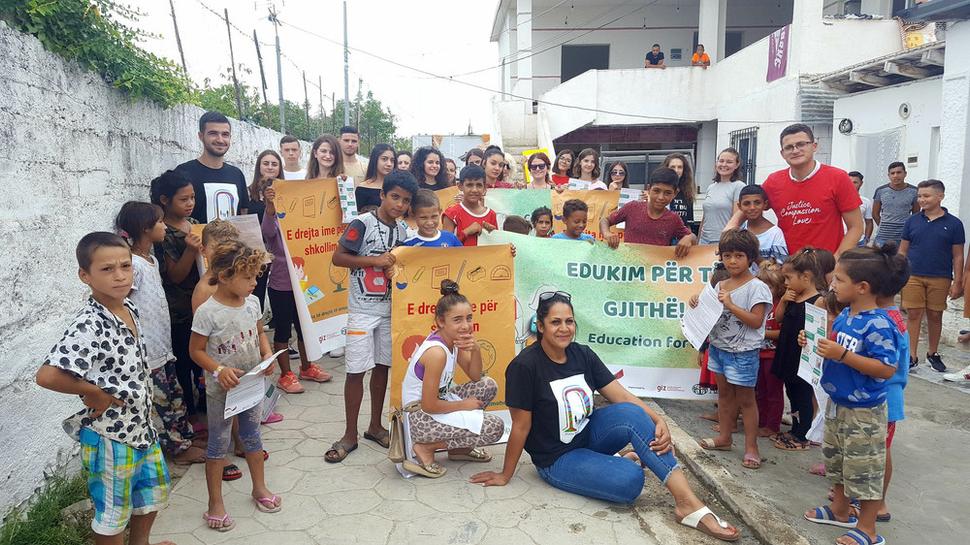
Besides the efforts accomplished by the Government, more should be done to guarantee in practice the respect of rights, social integration and inclusion for the Roma and Egyptian community living in the country by the civil society. It is exactly in this context, that ADRA Albania, the hosting organisation where I have been deployed for a year as a Project Development Assistant, plays a special role.
School drop-outs need to be prevented
Among these two communities, (Egyptians have a sense of identity completely distinct from the Roma, and reciprocally), the widespread illiteracy is the core issue to tackle.
The low education level is a serious problem which hinders the social integration of them in society. The majority of Roma and Egyptians children are illiterate because of language difficulties, the extremely hard economic conditions of their families, the distance of their home to school institutions as well as because of their lifestyle, in which common education doesn’t play a crucial role.
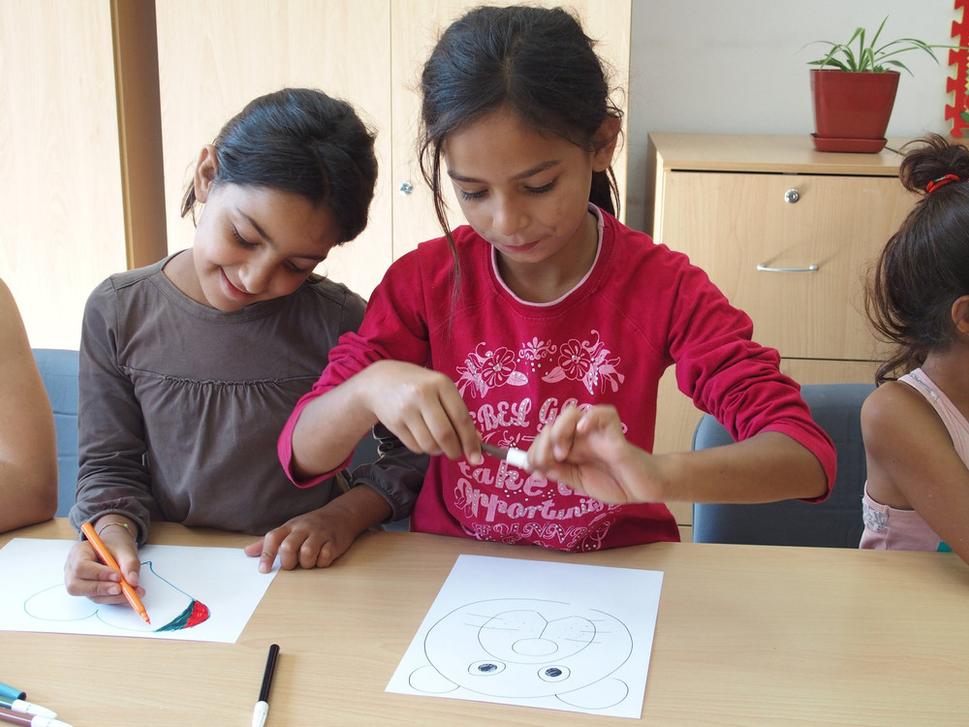
The mentality of the parents causes a high rate of school drop-out. First of all, the parents remove female children from school, as they think they have reached adulthood and, on many occasions, they give them to marriage at a very early age. Secondly, the parents withdraw their children from school to become a workforce to collect recyclable waste or for other types of self-employment.
ADRA Albania’s strength resides in education, and this is the field were meaningful actions have been taken to improve the situation of Roma and Egyptian ’s rights, since 1993, the year when it started to operate in the region.
Humanitarian disasters threat the vulnerable groups much more
Besides the education field, recently ADRA Albania has been able to show its power in dealing with a natural disaster. Indeed, a post-emergency plan has been developed, after the dramatic earthquake occurred on the 26th of November 2019, where the living conditions for these two communities significantly worsened than for the general population. Within this plan, we delivered essential needs like non-food items, meals, psychosocial support and supplementary classes provided by experienced staff.
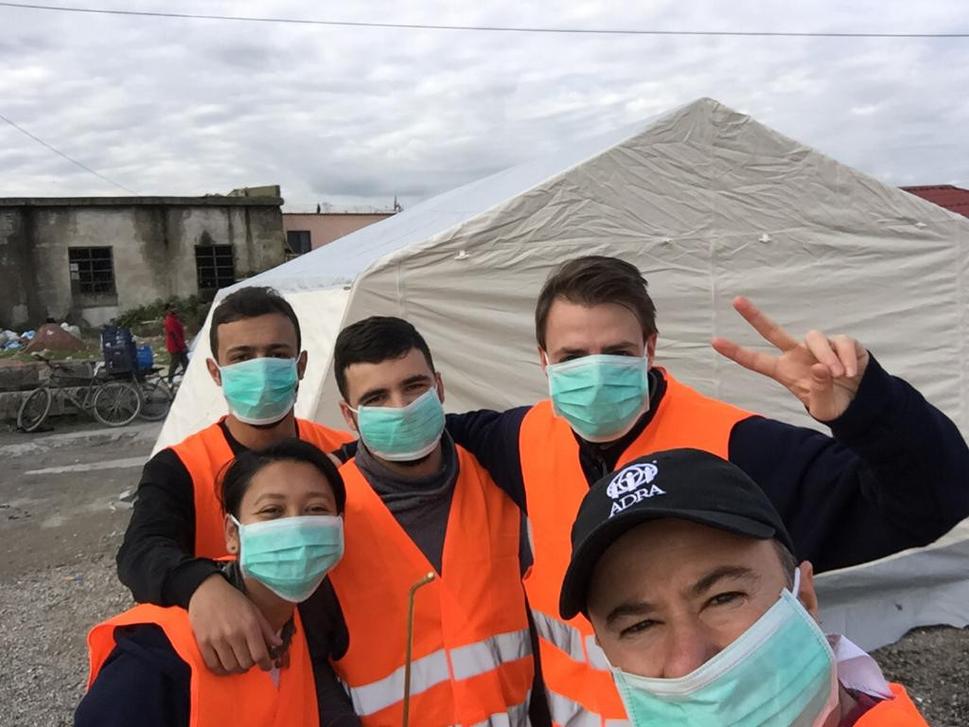
Guarantee equal opportunities to them it is essential, and to achieve this goal their integration in social life and improvement of their socio-economic conditions are necessary, so they do not feel discriminated.
It has already been three months that I am part of the ADRA Albania staff. To be honest, I chose my deployment according to the position and not the country. This is the reason why I didn't have any expectation before my arrival.
Being part of the generation of ’90, in my childhood I remember, especially when I was attending the primary school that I used to have a lot of classmates from the current Balkans countries (or former Yugoslavia). Thinking back to that time, I never thought that I would work in the humanitarian field in one of these countries.
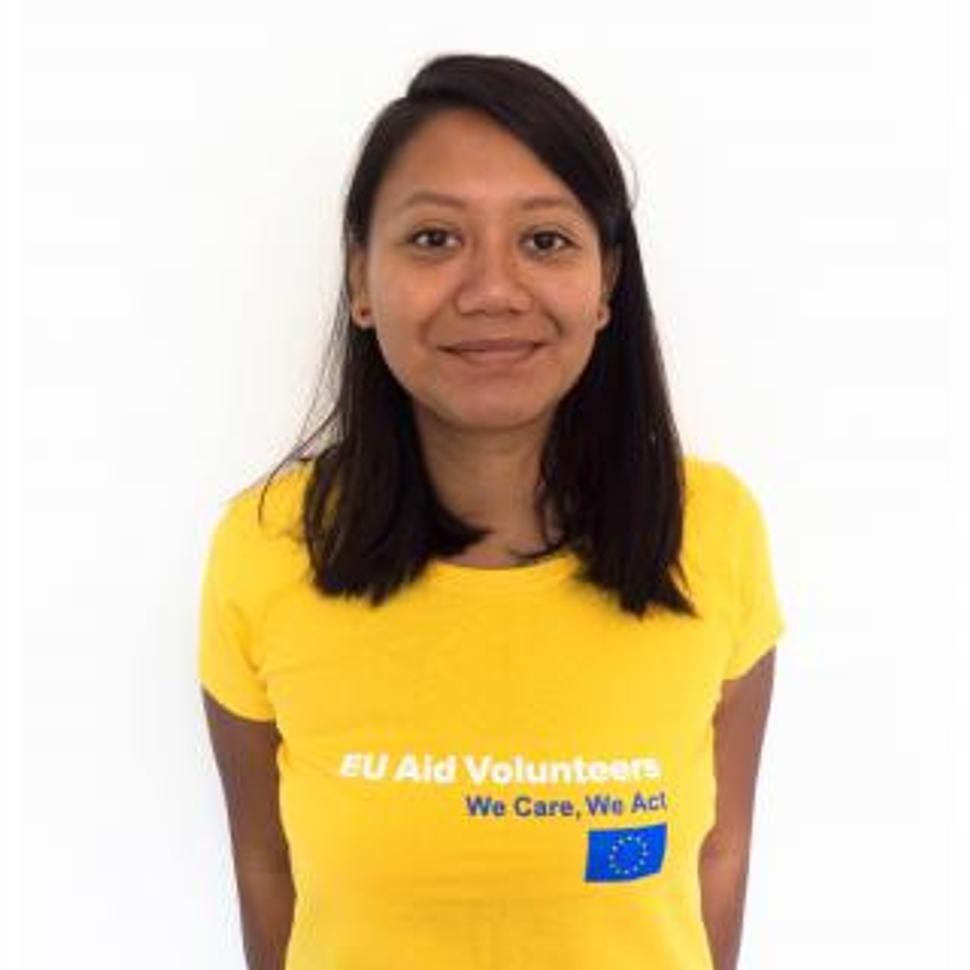
Článok bol napísaný dňa 12.1.2020
Laura Naw
Laura je od septembra 2019 dobrovoľníčkou v Albánsku v partnejskej organizácií Adra Albánsko. Jej vyslanie je súčasťou projektu HVA – Humanitárni dobrovoľníci v akcii. Projekt je financovaný zo zdrojov Európskej Komisie pod hlavičkou programu EU Aid Volunteers, riadeného agentúrou EACEA (Výkonná agentúra pre vzdelávanie, audiovizuálny sektor a kultúru) a DG ECHO (Generálne riaditeľstvo pre civilnú ochranu a operácie humanitárnej pomoci EÚ). Adra Slovensko je jej vysielajúcou organizáciou. Ako sa Laure darí môžete sledovať i na našom Facebooku.
